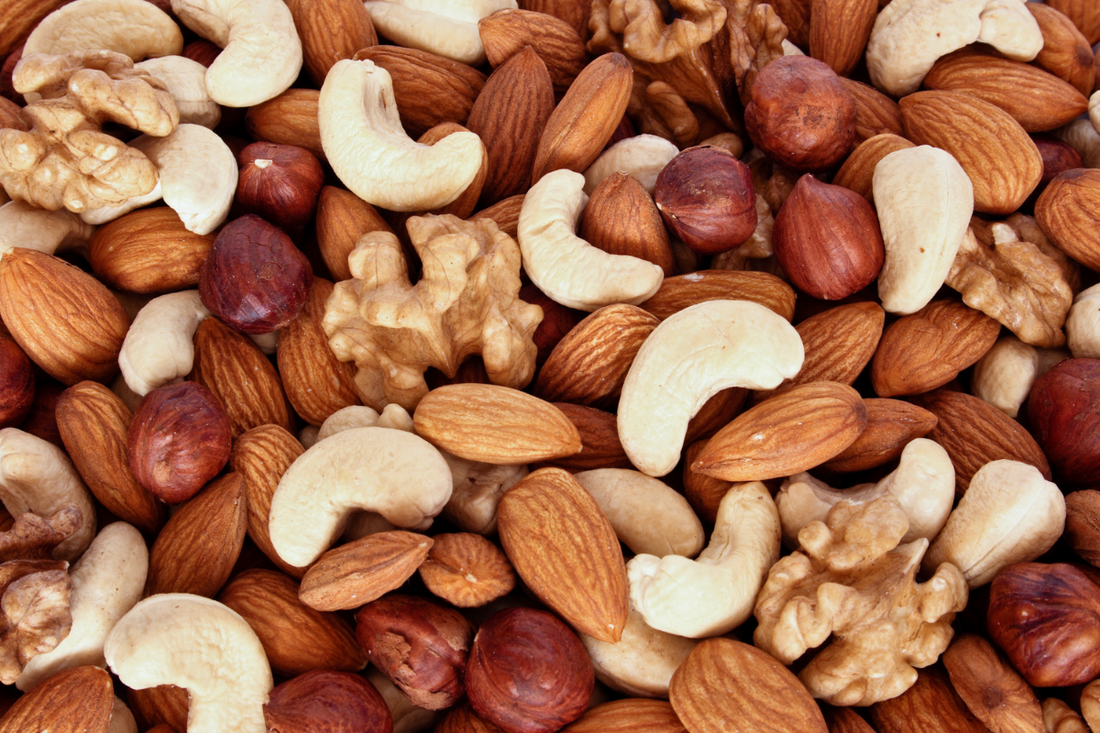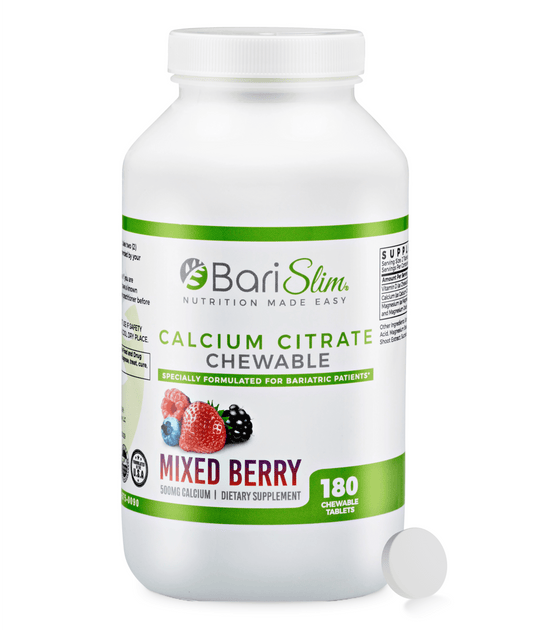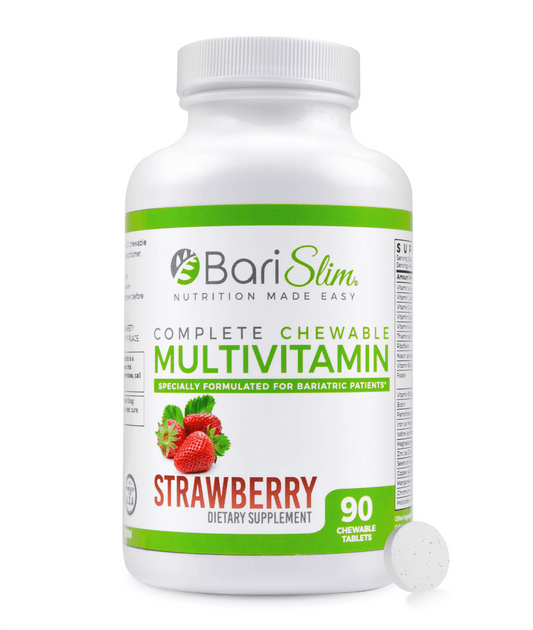Table of Contents
After undergoing bariatric surgery, such as sleeve gastrectomy or gastric bypass, your diet will undergo significant changes. This weight loss surgery requires a gradual reintroduction of solid foods to allow your newly adjusted digestive system to heal. Nuts are nutrient-dense foods that provide beneficial fats and proteins, but they are also hard to digest, which poses the question of when they can be safely reincorporated into your diet.
The timeline for when you can eat nuts after bariatric surgery varies depending on the individual's healing process and the specific type of surgery. Generally, the transition to solid foods begins with softer, more easily digestible options. Introducing harder foods like nuts typically occurs in the later stages of the diet progression plan, which can be several weeks or months post-surgery.
Your healthcare provider will give you specific instructions on diet progression which should be followed meticulously. Chewing nuts thoroughly and considering more easily digestible forms, such as smooth nut butters, may be recommended once you are cleared to consume such foods.
It is crucial to monitor your body’s response to the reintroduction of nuts, as your tolerance may have changed following surgery. Regular follow-ups with your medical team are essential to adjust your diet plan for optimal recovery and weight loss results.
When Can You Have Nuts After Surgery?
After bariatric surgery, your gastrointestinal system, especially the stomach and small intestine, undergoes significant changes. Introducing nuts—a high-protein, solid food—into your postoperative diet requires caution due to these alterations.
Initial Weeks Post-Op:
Following surgery, your stomach pouch needs time to heal. During the first 4 weeks, stick to a liquid or pureed diet as recommended by your surgeon or dietitian. Nuts are not permitted during this phase to avoid complications like nausea, vomiting, or diarrhea.
Transition to Solids:
In the weeks that follow, you will gradually progress to more solid foods. Typically, by the 8th week, you may be able to tolerate soft foods. Nuts, however, are often still too harsh for your sensitive digestive tract at this point.
Introducing Nuts:
- After 3 Months: You might start to incorporate softer, nutrient-rich foods like nuts. Begin with nut butters or finely ground nuts to ensure they are adequately chewed.
- Monitor Your Tolerance: If you experience any signs of gastrointestinal distress, such as nausea or diarrhea, it's crucial to postpone and consult your healthcare provider.
Chewing is Crucial:
- To avoid issues like blockage of the stomach outlet (syndrome), thoroughly chew nuts to a paste-like consistency before swallowing.
Remember, your specific progression may vary, and it's essential to follow the dietary guidelines provided by your healthcare team. Regular check-ups and discussions about your tolerance to new foods, including nuts, are vital for a safe, healthy post-bariatric surgery diet.
The Stages of Your Food Diet After Bariatric Surgery

Adapting your diet post-bariatric surgery is critical for a successful weight loss journey and overall health. Your food intake will progress through several stages, from liquids to solid foods, as your body heals and adjusts to the changes.
Liquids
Initially, your diet will consist solely of clear liquids to ensure adequate hydration and to allow your stomach to heal. During this stage, consume:
- Water and broth: essential for fluid intake, avoid caffeine and carbonated beverages.
- Calories: minimal to none during this phase to promote healing.
Pureed Foods
Following the liquids stage, you'll move on to pureed foods that are smooth and free from lumps:
- Proteins: focus on high-protein options like cottage cheese or pureed beans.
- Fluids: continue ample water intake and broth.
- Vitamins and minerals: start incorporating a multivitamin and begin mineral supplements such as calcium citrate.
Soft Foods
Your diet will gradually incorporate soft foods which are easier to chew and swallow:
- Eggs, cottage cheese, and yogurt: soft proteins that supply vital minerals.
- Cooked vegetables: low in calories, high in nutrients.
- Cereal and oatmeal: ensure these are soft and moist, like cream of wheat.
Solid Foods
When you can safely handle soft foods, you'll progress to solid foods:
- Lean meats such as chicken, turkey, fish, pork, and beef: aim for small bites well-chewed, targeting around 60-80 grams of protein daily.
- Vegetables and rice: introduce gradually to monitor your body's response.
- Nuts: can be reintroduced in this phase as long as they are taken in small amounts and chewed thoroughly to prevent discomfort.
Remember to take small bites and chew thoroughly to ease digestion and avoid complications. Continue prioritizing protein intake, fluid consumption, and vitamin and mineral supplementation throughout each stage to support your weight loss and nutritional needs post-surgery.
Why Should You Wait to Eat Nuts?
After bariatric surgery, your digestive system requires time to heal. Introducing nuts too early can be problematic for several reasons:
- Texture and Digestion: Nuts are considered solids with a hard texture. They require thorough chewing to break down into small bites that are manageable for your altered digestive tract. Failing to do so can lead to discomfort or complications.
- Chewing Efficiency: Your ability to chew effectively might be diminished immediately after surgery. Nuts require significant effort to chew adequately, which is crucial to prevent issues such as blockages in the stomach or intestines.
- Gastrointestinal Distress: Consuming nuts prematurely can lead to digestive disturbances like diarrhea or vomiting. These occurrences are not only unpleasant but can also impede your recovery and cause dehydration.
- Dumping Syndrome: This is a condition where food, especially sugar, moves from your stomach into your small bowel quickly and can cause symptoms like nausea and abdominal cramping. Since some nuts are high in natural sugars, they may contribute to dumping syndrome if eaten too soon.
For a safe reintroduction to nuts, adhere to your dietitian's structured dietary plan, which typically includes a graduated approach from liquids to purees, and then to solids, respecting your body's new limits.
How to Introduce Nuts Into the Diet

After undergoing bariatric surgery, such as gastric sleeve or gastric bypass, reintroducing nuts into your diet should be done cautiously and systematically. Nuts are rich in proteins and can provide a high-protein snack; however, they are also calorie-dense, so monitoring your portions is essential.
Weeks 8 to 10: You may start adding nuts to your diet. Begin with softer, easier-to-chew nuts like walnuts or slivered almonds.
- Quantity: Start with a small amount, such as one or two nuts, to assess your tolerance.
- Chew Thoroughly: Take your time and chew each nut to a paste-like consistency to ensure smooth digestion.
Weeks 10 to 12: If you tolerate soft nuts without issues, you may cautiously try firmer varieties.
- Types of Nuts: Introduce nuts like cashews or peanuts.
- Precautions: Pay close attention to any discomfort, as firmer nuts may be more challenging to digest.
Ongoing Assessment:
- Listen to Your Body: Stop consuming nuts and consult your dietitian or surgeon if you experience any gastrointestinal discomfort.
- Nut Butters: As an alternative, consider smooth nut butters, which might be easier to incorporate into your meals.
Remember, while nuts are a good source of proteins and healthy fats, they should be eaten in moderation due to their high-calorie content. Always follow your dietitian's advice and the dietary plan provided to you for a safe and healthy recovery.
Best Types of Nuts to Eat
After bariatric surgery, selecting the right types of nuts to incorporate into your diet is crucial due to their nutrient density and caloric content. Nuts are a good source of proteins and healthy fats, but moderation is key.
Almonds are an excellent choice as they are low in calories yet rich in protein, which is vital for your recovery and overall health. They also contain beneficial monounsaturated fats. A 1-ounce serving of almonds provides around 6 grams of protein.
Walnuts stand out as well due to their omega-3 fatty acid content. These fats are essential for reducing inflammation and aiding in healing post-surgery. Walnuts are also a good protein source, offering about 4 grams per ounce.
For convenience, peanut butter, in moderation, can be a practical option. Choose natural, low-sugar varieties to avoid unnecessary added calories and fats. Two tablespoons of peanut butter contain roughly 8 grams of protein. However, be cautious with portion sizes to prevent overconsumption of calories.
Here's a quick table summarizing the nutritional profile of these nuts:
|
Nut Type |
Protein (per 1 oz) |
Calories (per 1 oz) |
Notes |
|
Almonds |
6 grams |
160 calories |
High in monosaturated fats |
|
Walnuts |
4 grams |
185 calories |
Rich in omega-3 fatty acids |
|
Peanut Butter (2 tbsp) |
8 grams |
190 calories |
Low-sugar varieties recommended |
Remember to chew nuts thoroughly to aid digestion and to monitor your tolerance to them as your digestive system adapts post-surgery. Start with small quantities and listen to your body's response.
Also Read: What Foods Can You Never Eat After Gastric Sleeve



 Order Free Sample
Order Free Sample





